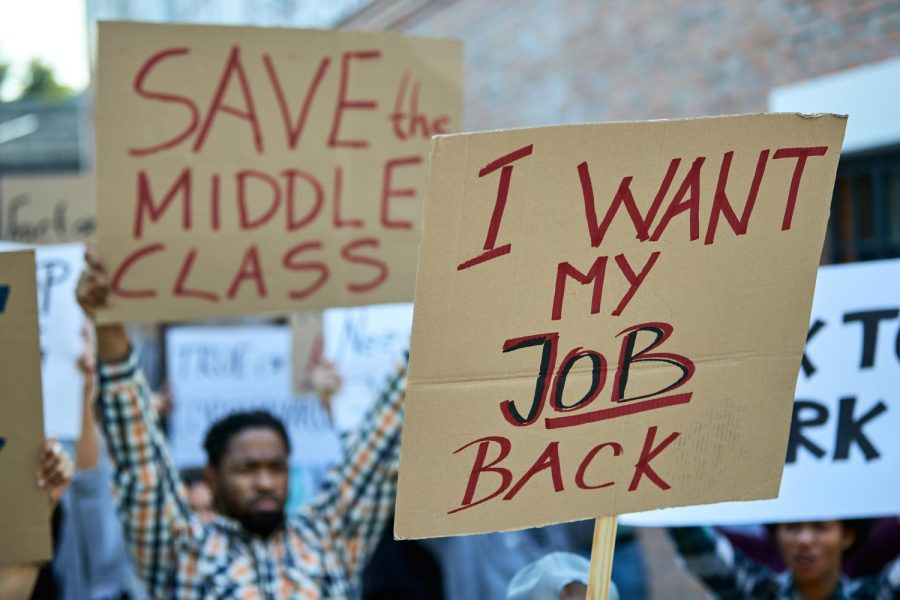By COLE GLASGOW
Teenagers nowadays have a larger voice than ever, and many use it to fight for issues that are important. Nonetheless, in America, most teenagers have a common problem that is not addressed often enough: school start times.
Most modern high schools traditionally have very early start time, typically in the range of 7:00 to 8:00 in the morning. This time, which is earlier than the start of work for many adults, was implemented in the twentieth century by schools in order to cut costs. However, school systems in this time period had no access to research on teenagers’ required sleep, which is not something that any high school can now claim.
Opponents of the movement to push back the start time of school claim that doing so would incur an increase in expenses alongside a greater number of students missing school to attend athletic or other extracurricular events. But in reality, neither of these negatives outweigh the benefits. In an article for the Los Angeles Times, education, parenting and public health journalist Lisa Lewis cites a 2014 report by the Children’s National Medical Center which found that “absences dropped 15% in Bonneville County, Idaho” after their school start times were moved back. Because attendance is often directly related to funding, this may provide a monetary benefit to schools alongside the increase in education. In addition, another study found that “two-thirds of the athletes who didn’t meet this threshold (eight hours of nightly sleep) got injured.” The positives of this change would outweigh the negatives.
Although critics still argue that starting the school day later would be a large disturbance to the community, there are far more benefits to the students than more school funding and fewer injuries. In most studies done on schools with later start times, test scores have increased, often substantially. Additionally, starting school later may prove to be safer for teen drivers. In Lexington, Ky., “the number of car crashes by drivers 16 to 18 was reduced by 70 percent when school start times were changed from 7:35 to 8:55.” This change, if made nationwide, would not only save thousands of lives, but decrease car insurance premiums and hospital bills, saving families millions of dollars. The worst part about it is that as opposed to drunk driving and other self-imposed hazards, teens have no control over how early they are made to get up in the morning. School systems have a responsibility to change their start times.
In the end, this issue is a fairly clear-cut case of schools simply not taking initiative to do what is right for their students. There have been so many proven benefits to shifting to a later start time for teens that the American Academy of Pediatrics “released a policy statement in 2014 calling for a shift in school start times to 8:30 or later.” If high schools across the country made this change, they would save money in the process of improving the lives of millions of teenagers in many ways.
Categories:
Teenage Sleep Crisis
May 5, 2017
High school students struggle with early school start times. photograph by CollegeDegrees360 (https://www.flickr.com/photos/83633410@N07/7658254172) CC2.0 license
0






